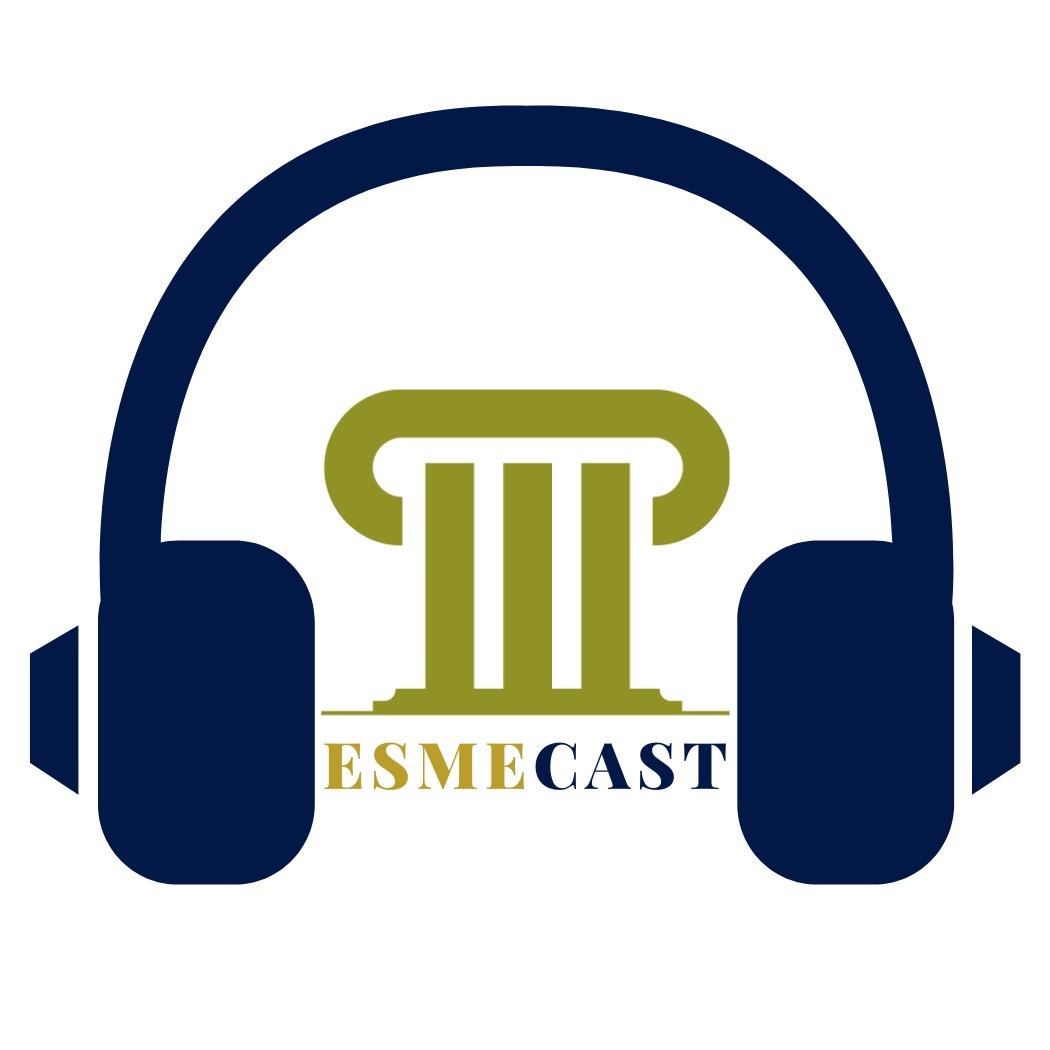O CONSTITUCIONALISMO ABUSIVO E SUA RECEPÇÃO INADEQUADA NO BRASIL
DOI:
https://doi.org/10.56256/themis.v22i1.1032Resumo
Após a Guerra Fria, verificou-se na política internacional uma proliferação de regimes híbridos. Nesses sistemas, a grosso modo, há uma combinação de regras democráticas e de práticas autoritárias, de modo a se situarem num meio-termo entre democracias plenas e ditaduras. Nesse contexto, David Landau identifica um fenômeno cada vez mais presente, o qual denomina constitucionalismo abusivo (abusive constitutionalism). Esse fenômeno envolve o uso de mecanismos de mudança da constituição (emenda e substituição constitucional) para enfraquecer a democracia e guiar um sistema político a um regime aquém do democrático. No ambiente jurídico, é comum que conceitos, teorias e modelos legais produzidos num determinado país sejam “copiados” por outros. Cuida-se do processo chamado de transplante jurídico. A recepção de modelos legais estrangeiros de maneira irrefletida pela doutrina é demasiadamente arriscada e assume o centro das preocupações neste estudo. A partir daí, impõe-se o problema de pesquisa: a produção acadêmica brasileira assimilou apropriadamente a teoria do constitucionalismo abusivo de David Landau? A metodologia utilizada para resolver a problemática se apoia prevalentemente no levantamento bibliográfico de livros e artigos especializados e se perfaz pela confrontação das visões dos autores nacionais com o paradigma lançado por Landau. Ao final, conclui-se que a doutrina brasileira recepcionou inadequadamente o constitucionalismo abusivo.
Downloads
Publicado
Edição
Seção
Licença
- Todos os artigos são publicados sob a licença Creative Commons - Atribuição Não Comercial (CC BY-NC), permitindo que terceiros copiem, distribuam e adaptem o conteúdo, desde que seja dada a devida atribuição ao autor e à revista.
- No caso da licença CC BY-NC, o uso comercial dos artigos não é permitido.













